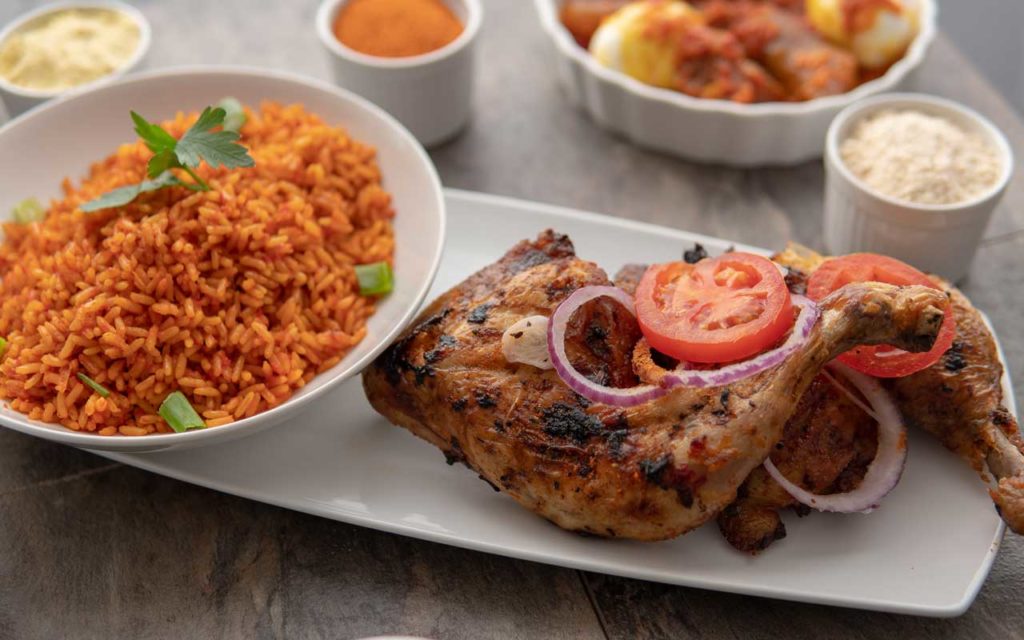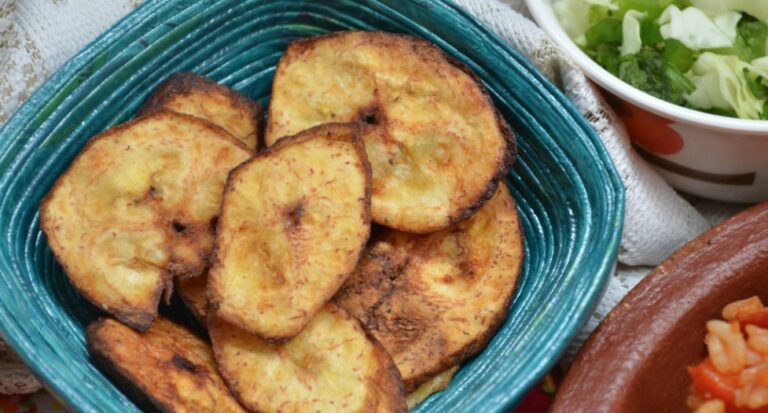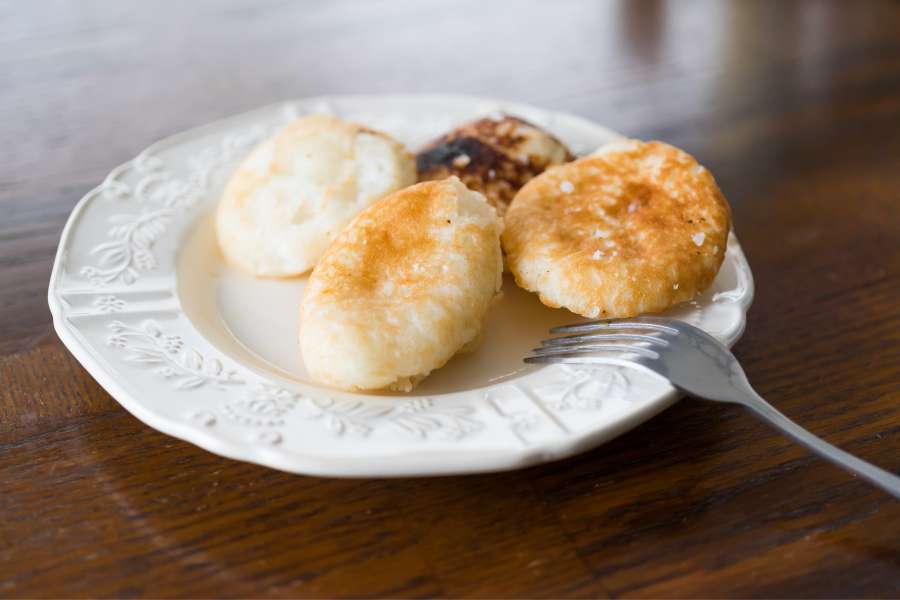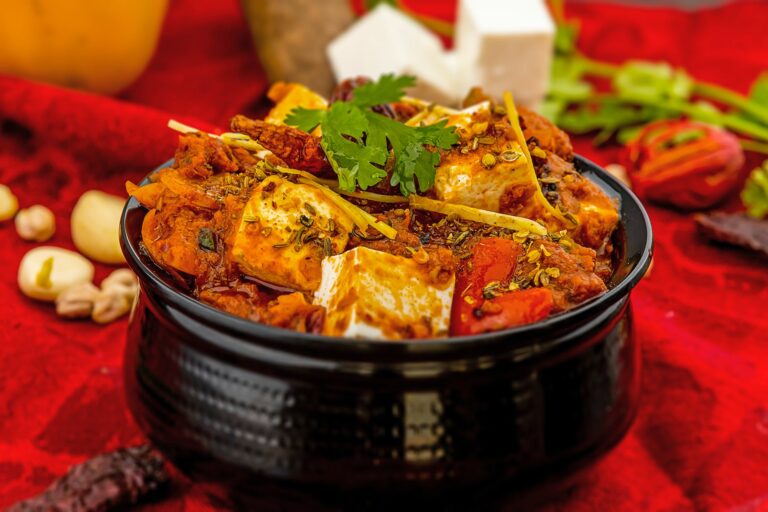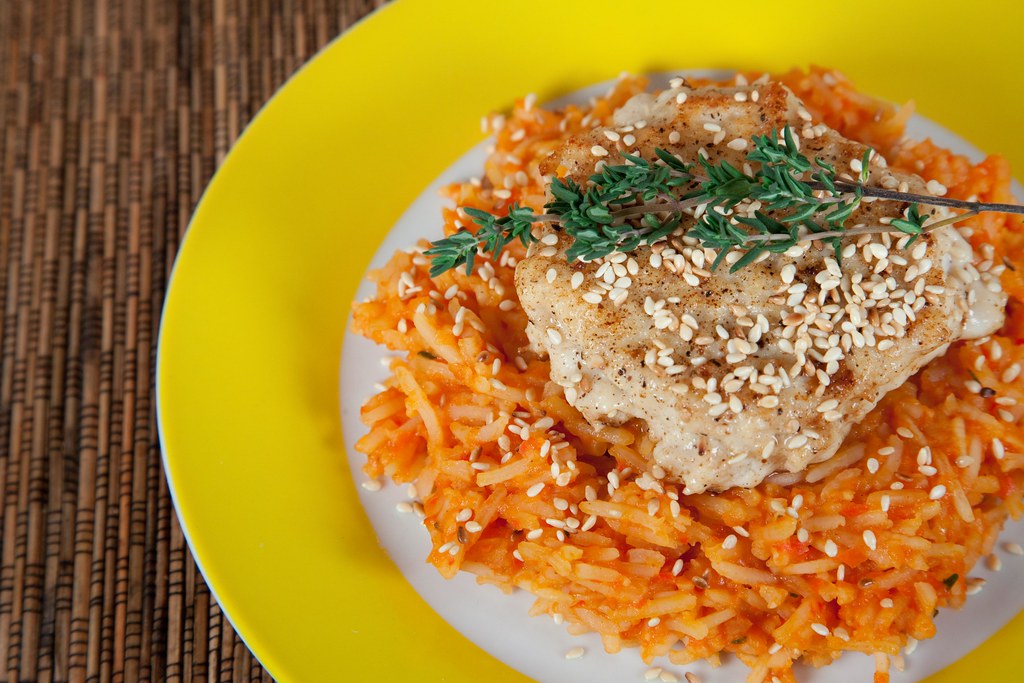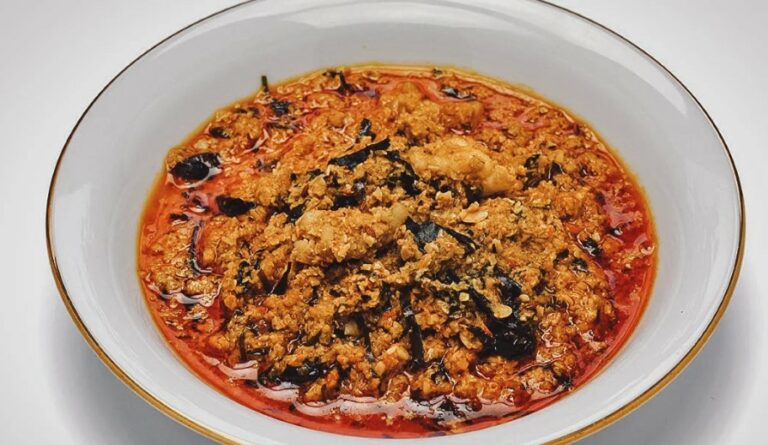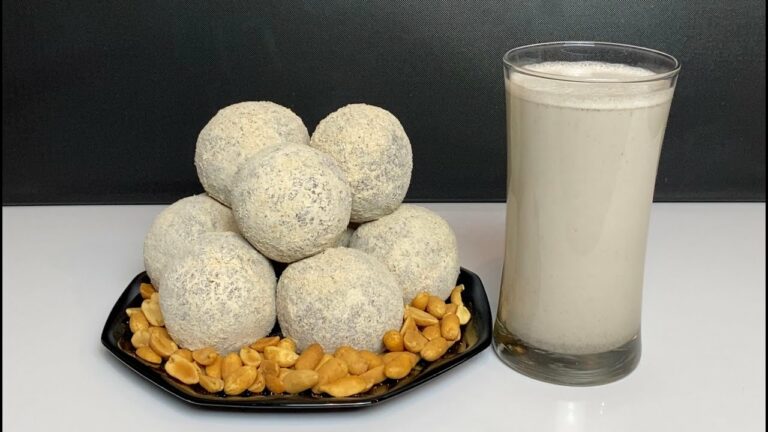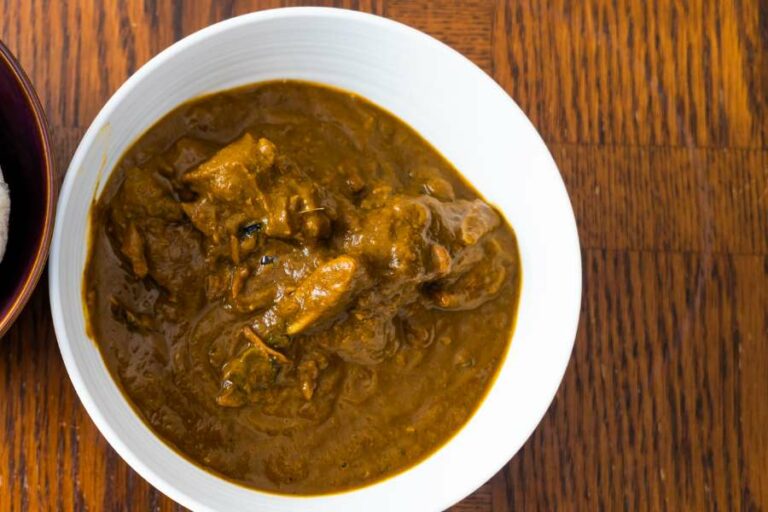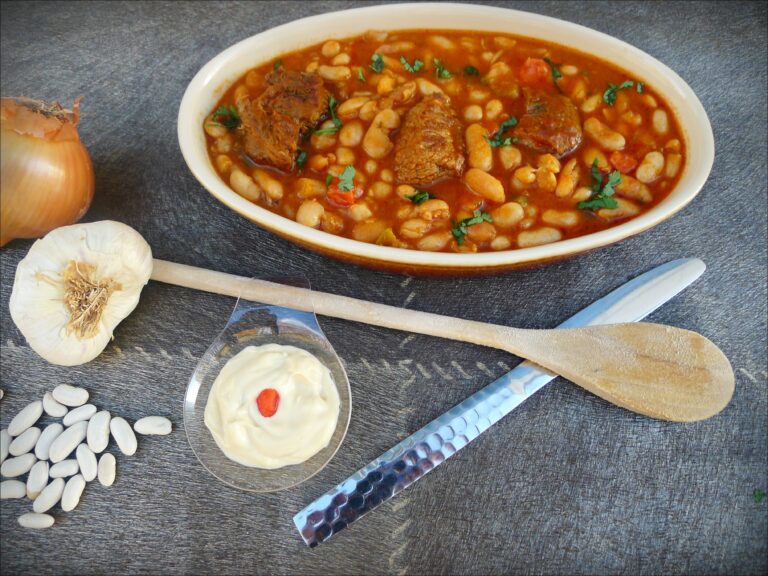Introduction: Breakfast Culture in Niger
Breakfast is considered the most important meal of the day in Niger. It is a time when family members gather around the table to start their day in a peaceful and harmonious way. Nigerians take breakfast very seriously, and it is customary for them to have a hearty and filling meal before starting their daily activities.
Traditional Breakfast Options in Niger
Millet Porridge and Couscous with Milk
Millet porridge and couscous with milk are two of the most traditional breakfast dishes in Niger. Millet porridge is made by boiling millet flour with water and seasoning it with salt and sugar. It is then served with milk and butter. Couscous with milk is made by boiling tiny pasta balls and then mixing them with milk, sugar, and butter. Both dishes are nutritious and filling, providing the energy needed for a busy day.
Bread with Butter and Jam
Bread with butter and jam is another popular breakfast dish in Niger. It is a simple and quick breakfast option that is easy to make. The bread is usually sliced and lightly toasted, and then spread with butter and jam. The bread can be made from wheat, corn, or millet flour. The butter and jam can be made from a variety of fruits, including mango, guava, and papaya.
Tea and Coffee – Popular Beverages
Tea and coffee are the most popular beverages consumed during breakfast in Niger. Tea is usually made with loose tea leaves, boiling water, and fresh mint leaves. The tea is then sweetened with sugar and served with milk. Coffee is also a popular beverage, and it is usually served black or with milk and sugar. Both tea and coffee are served in small cups and are enjoyed with breakfast dishes.
Modern Breakfast Options in Niger
In recent years, Niger has seen an increase in the availability of modern breakfast options. Many restaurants and cafes now offer a variety of breakfast dishes, such as omelets, pancakes, and french toast. These dishes are usually served with fruit, yogurt, and fresh juice. While they are not traditional breakfast options, they are becoming more popular among Nigerians who are looking for new and exciting breakfast choices.
In conclusion, breakfast culture in Niger is an important part of the country’s culinary tradition. Traditional breakfast dishes such as millet porridge, couscous with milk, and bread with butter and jam are still popular among Nigerians. These dishes are nutritious, filling, and provide the energy needed for a busy day. While modern breakfast options are becoming more popular, Nigerians continue to cherish their traditional breakfast dishes.

